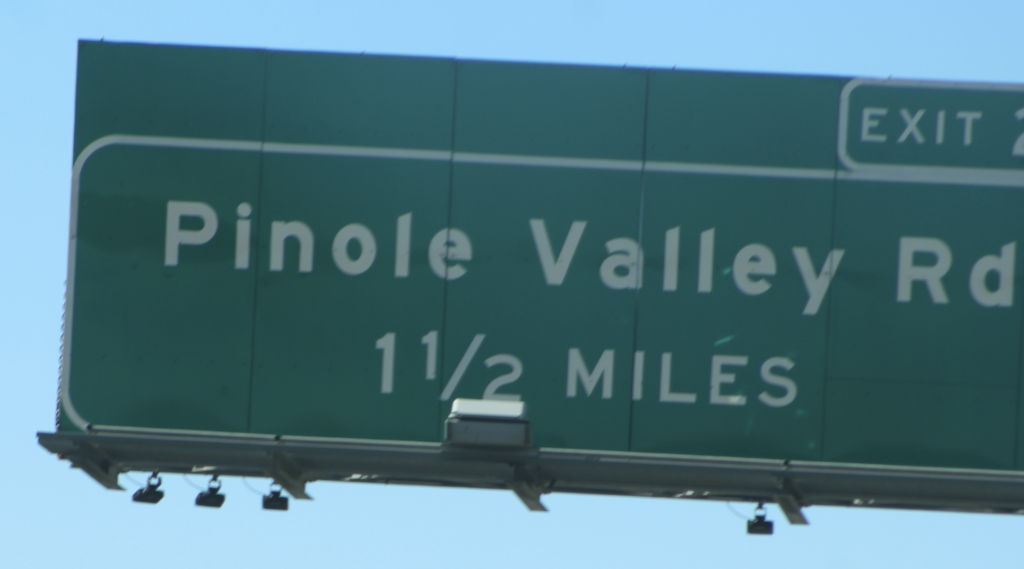The Freeway Security Network was established to reduce freeway shootings after a number of high profile freeway shootings on Interstate 80 and Highway 4 in 2016, with $3.5 million from the California State Transportation Agency. However the number of freeway shootings actually increased after the system was in place.
By October 2019, the Freeway Security Network was operating with 24 surveillance cameras, 165 Shotspotter microphones, and 32 automated license plate readers (ALPRs) installed along State Highway 4 and Interstate 80.

As part of the Memorandum of Understanding establishing the Freeway Security Network, the CHP is required to submit an annual fiscal report documenting “the productivity of the Freeway Security Network in the investigation of freeway shootings, the recovery of felony vehicles, in Amber Alerts, in outside assists in criminal investigations and all other relevant data.”
To date, only one report has been submitted by the CHP to the California State Transportation Agency. The report shows that freeway shootings have actually increased since the Freeway Security Network became operational. According to the report, there were eight freeway shootings each in 2018 and 2019, but in just the first half of 2020, the number of freeway shootings increased to 14.
The CHP listed the Freeway Security Network as alerting law enforcement to a vehicle wanted in connection with a burglary, a stolen vehicle, and assisting in the arrest of suspects wanted for gas station robberies. The only success related to a shooting (although it’s unclear if it was a freeway shooting) was an investigation that led to suspects that were suspected of other crimes. The CHP did not report any problems with the Freeway Security Network, such as when Brian Hofer, the chair of the Oakland Privacy Advisory Commission was pulled over at gunpoint in November 2018 because the rental vehicle was mistakenly identified as stolen. That mistake led to Hofer settling with the Contra Costa County Sheriff for $49,500.
From November 29, 2016, to November 30, 2021, license plate readers for the Freeway Security Network detected more than 283 million license plates, a rate of more than 155,365 license plates each day. During the same time period, 150,266 of those hits, or 0.05%, matched a license plate on one of the four hot lists used.
With the May 13, 2022, announcement by California Governor Gavin Newsom that similar surveillance networks will be installed on other freeways in Alameda and Contra Costa counties, it’s troubling that nobody has bothered to examine whether this type of freeway mass surveillance is effective at reducing shootings on highways or just a tool for law enforcement to gather more information about the millions of drivers not suspected of or charged with any crime at all.
